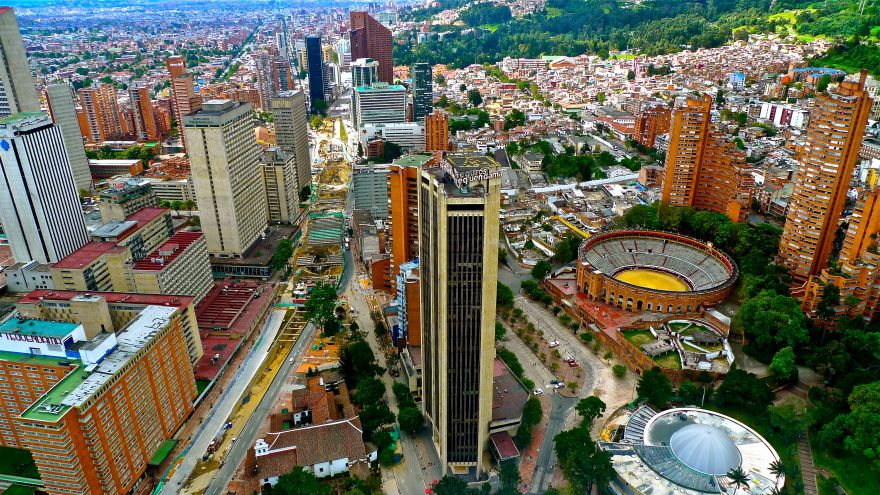
Latin American economies are in dire straits
-
Written by Hernando Fernandez
Latin American economies are in dire straits. In Venezuela, the socialist government has lost control of inflation. People are calling for the impeachment of the president of Brazil. Cuba, a communist government, is warming to ties with the U.S. to try to staunch economic bleeding.
The “pink tide” of the 1990s, led by leftist Latin American governments, is losing its popularity. Officials are seeing their popularity poll numbers diving and street protests are becoming more frequent. This disillusionment has been generated by the serious economic issues faced by the countries.
Many of the current leaders took their places when China’s economy was at a high point and the demand of South American natural resources was escalating. Now that China’s economy is not as strong, the extra funds available to keep the public happy are dwindling.
Venezuelan President Nicolas Maduro, who previously served as vice president to Hugo Chavez, is being hit hard by these problems. When Chavez was in power, the price of oil rose to over $100 per barrel. Prices have since fallen to nearly half that and the subsequent inflation is intolerable for the people of Venezuela. The socialist country has dropped Maduro’s approval ratings to 28%. There have been no violent protests yet, but when legislative elections are held Maduro is not likely to claim victory.
In Cuba, President Raul Castro has agreed to talks with the U.S. to boost Cuba’s communist economy. The goal is to normalize relations, thus allowing economic growth.
Chile’s economy is better managed, but is heavily dependent upon copper exports. Unfortunately, scandal is plaguing President Michelle Bachelet as her son is accused of using his influence to secure a loan. Outrage over the influence of money over politics dominates this socialist country. Bachelet served a previous term as president and left office in 2010 with an extremely favorable approval rating of 84%. Her current rating of 30% may negatively impact plans for constitutional reform as well as an overhaul of the education system.
In October, Argentines will vote for president. This is the only major presidential election in the region this year. The result of the vote will provide insight into the public mood. Current President Cristina Fernandez of the Peronist party may have difficulty facing her opponent with the 30% inflation and refusal to settle with creditors from the 2001 default. Her credibility is has taken several hits during her term.
This is not just an issue centered on leftists, incumbents of all parties are being called into question.
Brazil, in response to frustration with the left, has President Dilma Rousseff introducing conservative messages about cutting unemployment and welfare to reduce the budget deficit. All of this is done from her low teen approval rating while embroiled in the biggest corruption investigation in Brazil’s history. No wrongdoing has been proven, but Rousseff’s associations connect her to the scandal.
Amidst scandals, corruption, frustration, and the media attention, government officials are facing very real difficulties in maintaining their positions and governing their countries effectively.